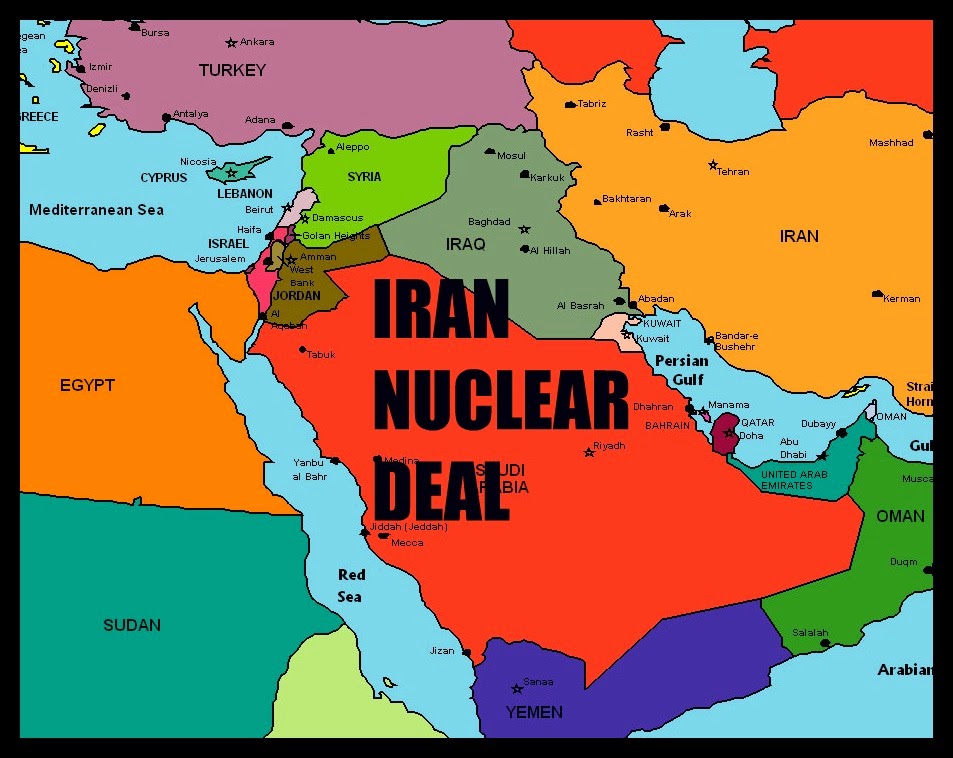Doomsday Negotiations
I’m not a political diplomat, but having studied communications
and interpersonal relationships, when someone lies and hurls death
threats, it effectively ends meaningful discourse.
Welcome to negotiations with
Iran—where the Iranian Revolutionary Guard Corps encourages the “Death to
America” chants among the crowds after weekly prayers and during political
rallies. To them, the United States, “is still the great Satan and the enemy of
the (Islamic) revolution…”
Just a couple months ago in the Persian Gulf, the Iranians
sent a blazing message when they blew up a full-size model of the U.S.S.
Nimitz.
And let’s not ignore the poignant words by the supreme leader’s
representative, Ali Shirazi, “When we look at the Islamic world, we see that
the culture of the Islamic revolution has reached all countries and all Muslims
throughout the world….We shall not rest until we raise the flag of Islam over
the White House.”
Honestly, does this sound like a nation pursuing nuclear
capabilities for the purposes of rebuilding and improving the lives of its
citizens? The negotiations need to include shuttering Iran’s secret underground
nuclear facilities. How about negotiating an end to Iranian hostilities in
nearby Muslim nations? Would it be okay if we demanded that they curtail their
sponsorship of global terrorism? Is it possible to cease making death threats against Israel and the US?
We’re negotiating with a nation that believes it’s
acceptable to lie to infidels—which includes us. While our leaders trust that
the Iranian regime will improve during the duration of the nuclear agreement,
we risk Iran producing a nuclear bomb in secret or sharing it with terrorists.
One thing is certain: when Iran has a nuclear bomb our world will never be the
same.
Iranian leaders see themselves as the apocalyptic answer our world is
waiting for. We’re no longer
negotiating with people; we’re dealing with something far more sinister. But in political negotiations we don’t refer to evil as evil.






